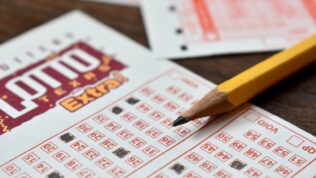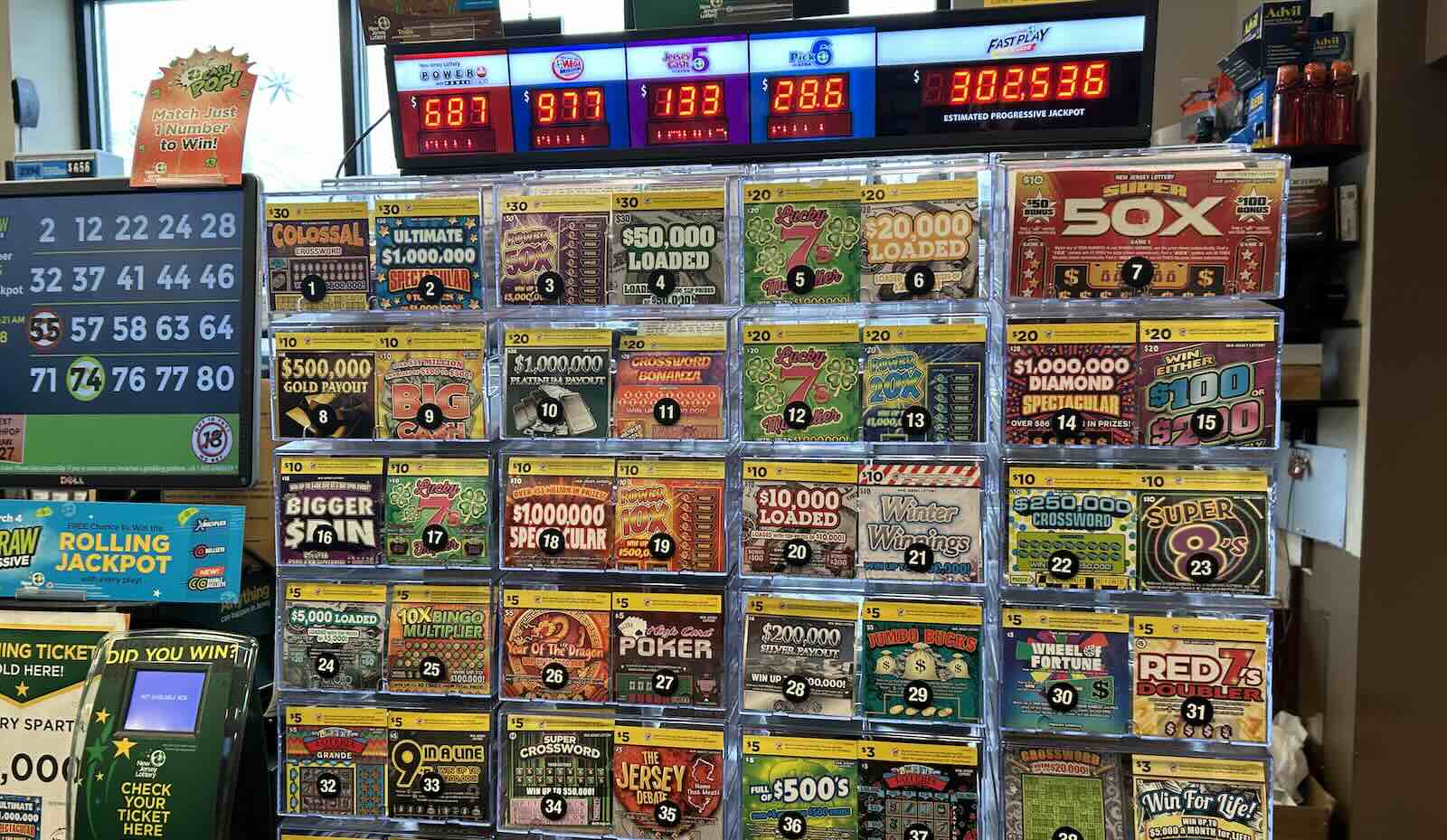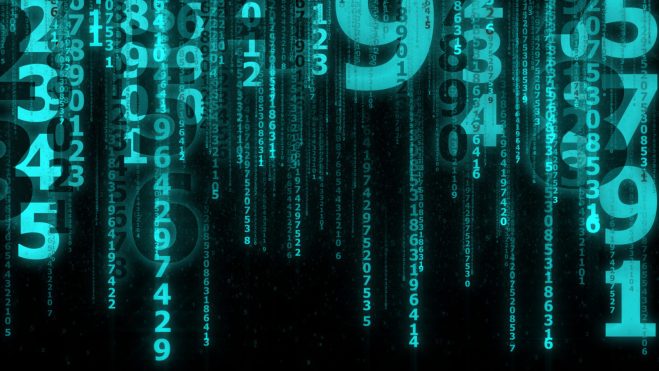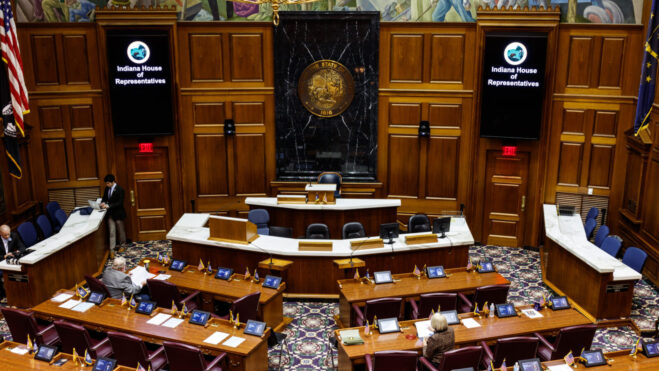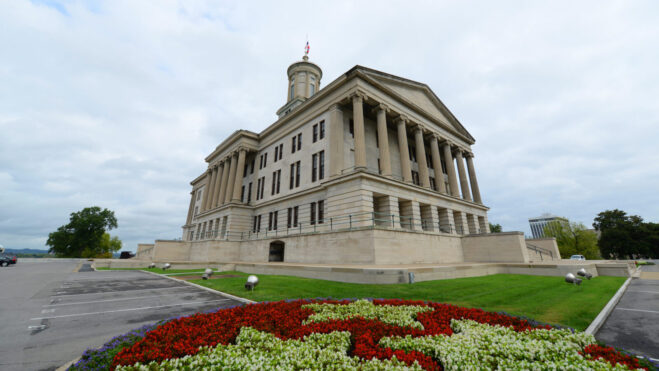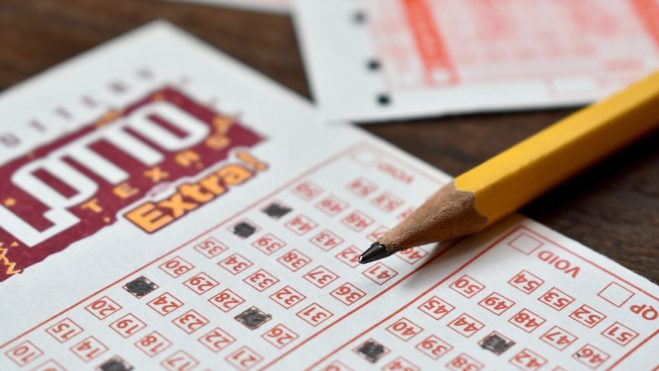Texas Bill Would Ban Online Lottery Sales Amid Growing Controversy
The proposed legislation, set to be considered in 2025, could force online lottery couriers to exit the state if approved
2 min
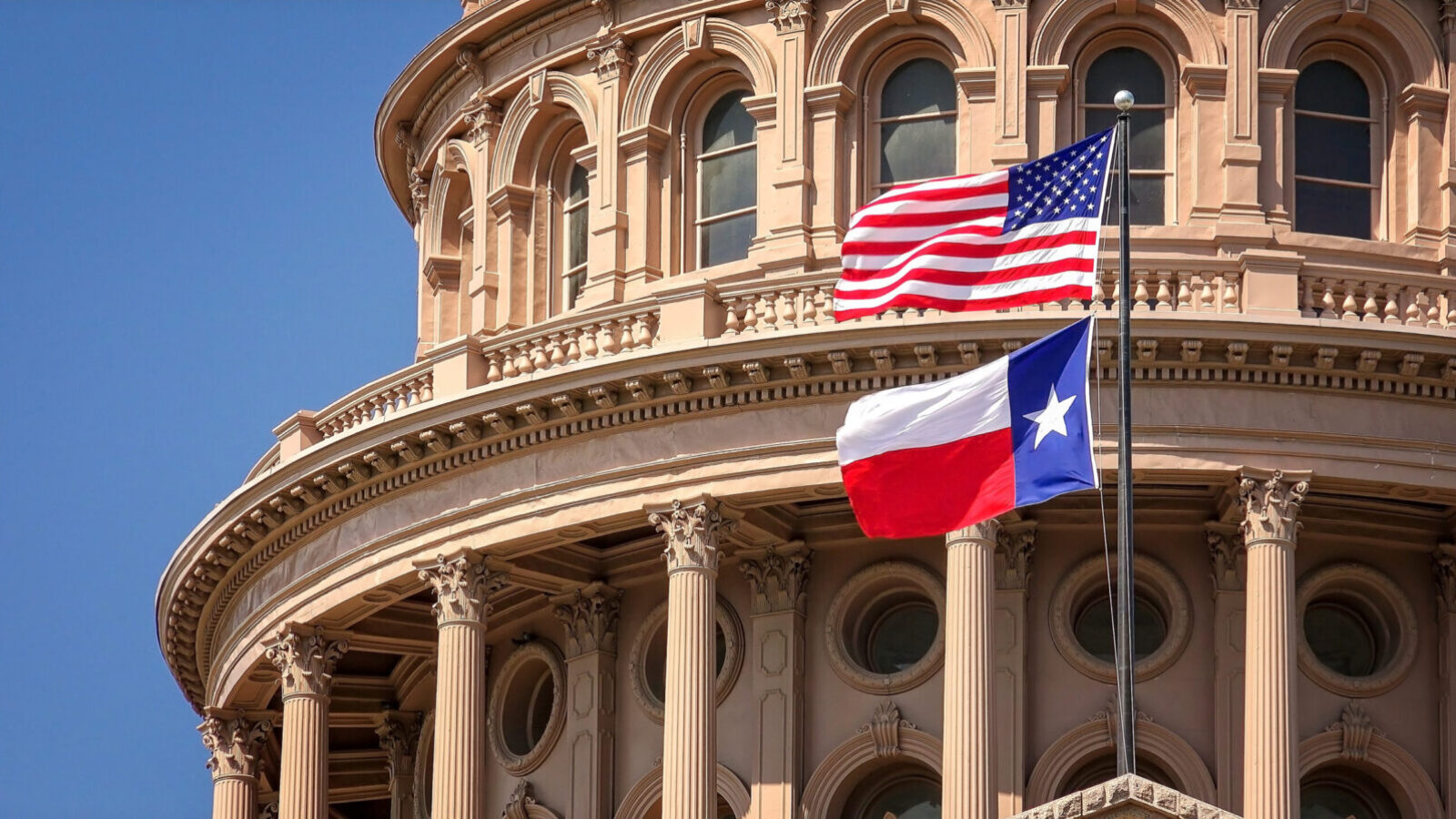
The Texas Legislature is preparing to tackle a contentious issue regarding the sale of lottery tickets online. A proposed bill, Senate Bill 79, seeks to ban internet-based lottery transactions, addressing concerns that online services may be circumventing the state’s gambling laws.
The bill, pre-filed by state Sen. Bob Hall, aims to clarify existing statutes and reinforce the prohibition of purchasing lottery tickets outside traditional retail outlets. The Austin American-Statesman points out that Sen. Hall is one of several lawmakers in the state opposed to legalized gambling.
The rise of online lottery courier services has sparked debate in several states over their legality. These services allow players to order lottery tickets through apps or websites, after which a representative purchases the tickets in person. Critics argue this practice violates the spirit of Texas gambling laws, which explicitly prohibit purchasing lottery tickets over the telephone.
Sen. Hall highlighted how technological advancements have outpaced the regulatory framework established when the Texas Lottery was founded in the early 1990s. At the time, the internet was not a consideration.
Hall expressed concern that these courier services effectively operate as brokers, enabling online transactions that the original legislation aimed to prevent. He believes his bill will close loopholes and ensure lottery sales remain confined to authorized retailers.
The issue gained widespread attention in 2023 when the Texas Lottery Commission revealed that a $95 million Lotto Texas jackpot-winning ticket had been sold through Lottery Now, a courier service operating in a Fort Worth suburb. The incident revealed that Lottery Now was not a traditional retailer but a business with ties to unrelated ventures, such as fishing tours in Montana.
Texas Lottery Executive Director Ryan Mindell acknowledged the regulatory gap. However, he noted that while the commission oversees licensed retailers, it lacks authority to regulate courier services.
State Sen. Mayes Middleton has joined Hall as a co-author of SB 79, signaling growing legislative support for curbing online lottery sales. Middleton disputes claims that the Texas Lottery Commission lacks the tools to regulate these operations, emphasizing the need for clear legal boundaries.
Bill emerges amid Kickapoo Tribe ultimatum
Complicating matters further, the Kickapoo Traditional Tribe of Texas has voiced its frustration with online lottery courier services, warning that the state’s failure to address the issue could lead to broader consequences. In an October letter to the Senate State Affairs Committee, the tribe indicated it might pursue full-scale casino legalization across Texas if the proliferation of online lottery sales continues unchecked.
The Kickapoo Tribe, which operates a casino on tribal lands, argues that online lottery couriers represent an unauthorized expansion of gambling in Texas. While the tribe has not explicitly demanded a permanent ban on such services, it has called for an immediate halt to their operations, citing a conflict with state law.
The tribe’s warning introduces a new layer of complexity to the debate. Its threat to advocate for broader gaming opportunities could shift the legislative calculus, particularly if lawmakers perceive online lottery sales as undermining existing regulations.
Advocates for SB 79 argue that the bill is necessary to uphold the integrity of the Texas Lottery and prevent unauthorized gambling expansions. Meanwhile, the Kickapoo Tribe’s involvement raises the stakes, potentially setting the stage for a broader debate on the future of gambling in Texas.
The bill is only in its initial phase and won’t be added to the agenda after the Texas Legislature convenes in January.




